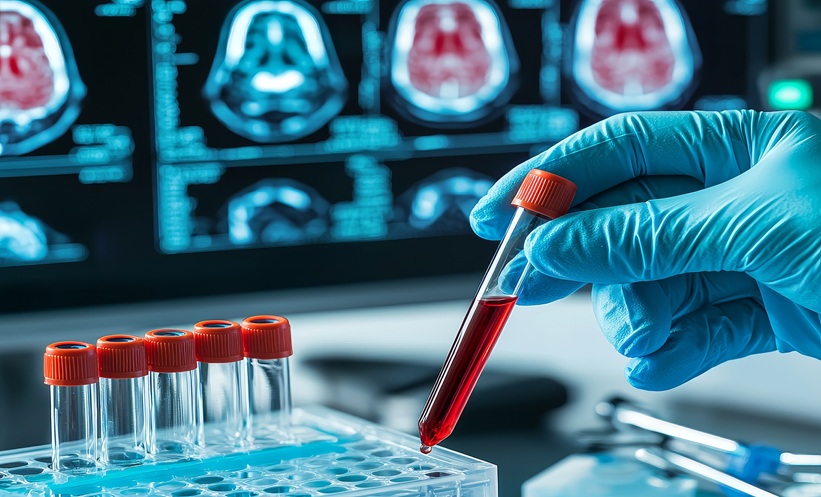BASELINE stratification of amygdala-defined negative affect circuit activity can differentiate acute neural, behavioural, and affective responses to MDMA, suggesting a potential biomarker for personalising MDMA-based therapies in clinical practice.
This randomised, double-blind, placebo-controlled clinical trial was conducted at Stanford University School of Medicine to address the need for precision in treating post-traumatic stress disorder (PTSD) and related conditions.
Sixteen adults with subthreshold PTSD symptoms and early life trauma, but no current psychiatric disorders, were recruited. All participants had prior MDMA experience but had abstained for at least six months. The study aimed to determine whether baseline neuroimaging of the negative affect circuit-specifically amygdala reactivity to nonconscious threat-could predict acute responses to MDMA. Each participant completed four sessions: one baseline, one placebo, and two MDMA (120 mg) sessions, with neural and behavioural outcomes measured after each.
Participants were stratified into two subgroups based on baseline amygdala activity: high (NTNA+, n=8) and low (NTNA−, n=8). After MDMA administration, the NTNA+ group showed significant reductions in amygdala activity (contrast estimate [CE]: −1.43; 95% CI: −2.60 to −0.27; Cohen d: −1.22; P = .02) and subgenual anterior cingulate cortex (sgACC) activity (CE: −1.48; 95% CI: −2.42 to −0.54; Cohen d: −1.56; P = .004). There was also increased sgACC-amygdala connectivity (CE: 0.65; 95% CI: 0.02-1.28; Cohen d: 1.02; P = .04) and improved likability ratings of threat expressions (CE: 14.38; 95% CI: 1.46-27.29; Cohen d: 0.86; P = .03) compared to the NTNA− group.
These findings indicate that neuroimaging-based stratification can identify individuals most likely to benefit from MDMA’s acute effects on emotional processing circuits, supporting a move towards personalised psychiatry. For clinical practice, this suggests that baseline functional MRI could help tailor MDMA-assisted interventions, potentially improving outcomes for patients with treatment-resistant affective disorders. Future research should focus on validating these biomarkers in larger, more diverse populations and assessing their predictive value for long-term therapeutic outcomes, ultimately refining patient selection for MDMA-based therapies.
Reference
Zhang X et al. Negative affect circuit subtypes and neural, behavioral, and affective responses to MDMA: A Randomized Clinical Trial. JAMA Netw Open. 2025;8(4):e257803.








